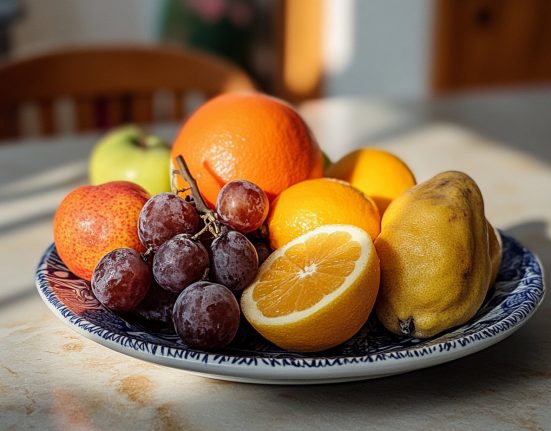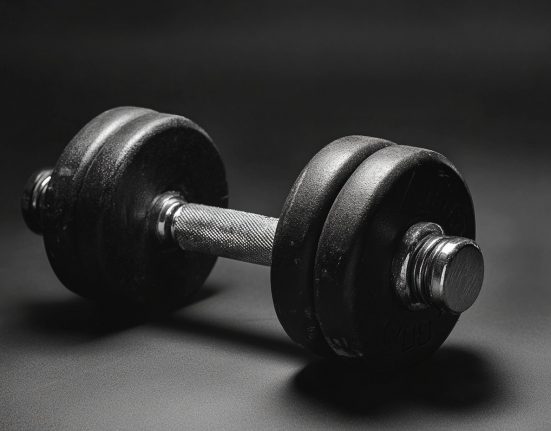Good oral hygiene includes habits such as brushing twice daily and getting dental checkups on a regular basis.
There is an association between one’s oral hygiene and overall health. Oral health is not just about not getting cavities and gum diseases, but has several facets to it.
People can prevent problems such as tooth decay, ache, gum disease, and tooth loss through proper care, both at home and at the dentist’s office. These seven tips can help maintain oral hygiene:
Brush twice daily but not aggressively
Most people brush their teeth twice daily to remove plaque and bacteria, and keep teeth clean. But, brushing requires the right technique to keep teeth and gums healthy.
Brushing using small circular motions and not forgetting to brush the front, back and top of every tooth is essential. The duration should be limited to two to three minutes.
The American Dental Association (ADA) suggests using a soft-bristled toothbrush to avoid damaging the tooth enamel and gums, protecting teeth against sensitivity and gum erosion. They also recommend people changing their toothbrushes every three months or when the ends start fraying.
Use fluoride toothpaste and oral products
Fluoride is an element that comes from the earth’s soil termed as fluorine. It can prevent cavities, and thus is a prominent ingredient in toothpastes and mouthwashes.
Evidence shows that a lack of fluoride in oral products can lead to tooth decay, even if a person brushes and flosses regularly.
Floss at least once a day
Flossing can prevent formation of plaque and bacteria between the teeth in places where the toothbrush cannot reach. It also removes debris and food particles trapped between the teeth which helps in maintaining good breath.
It is important to use the floss gently all the way down to the gum line before touching the side of the tooth with up-and-down movements to effectively remove the plaque. Avoiding the snapping of the floss up and down between the teeth can help prevent toothache and pain.
Get regular dental checkups
A dentist can treat oral health problems before the severity of the issues increases. A routine checkup will include cleaning the teeth, removing plaque and hardened tartar.
They also look for symptoms of cavities, gum disease, mouth cancer and other issues. They may also use dental X-rays to check for problems.
People must ask their dentist how often they need a checkup as it may vary depending on a person’s age, health history, and overall dental health. However, anybody noticing any changes in their mouth should visit a dentist.
Avoid smoking
Smoking harms the immune system and makes it tougher for the body to heal tissues, including those in the mouth. It also increased the risk of gum disease.
Smoking also affects the overall appearance of the mouth by yellowing the teeth and tongue, and producing a bad odour.
Use a mouthwash
Certain mouthwashes with specific ingredients can benefit oral health. Mouthwashes containing chlorhexidine, an antibacterial agent, can control plaque and gingivitis (gum disease that causes irritation, redness and swelling around the base of the teeth). It can also help with bad breath.
Dentists can help recommend which mouthwash is the best for an individual’s needs. However, mouthwashes cannot replace regular brushing and flossing.
Limit consumption of sugar and starch
Consuming sugar in the form of candy or desserts can lead to cavities. The World Health Organisation recommends limiting the intake of sugar to below 10% of a person’s daily calorie.
Starchy foods such as bread, chips, pasta, pizza and crackers can also cause tooth decay. These foods tend to linger in the mouth and are broken down into simple sugars which acid-producing bacteria feed on, in turn causing tooth decay.
Instead of these foods, adding fibre-rich fruits, vegetables and dairy products without sugar can help. Moreover, sugar-sweetened beverages should be substituted with water or unsweetened tea.








